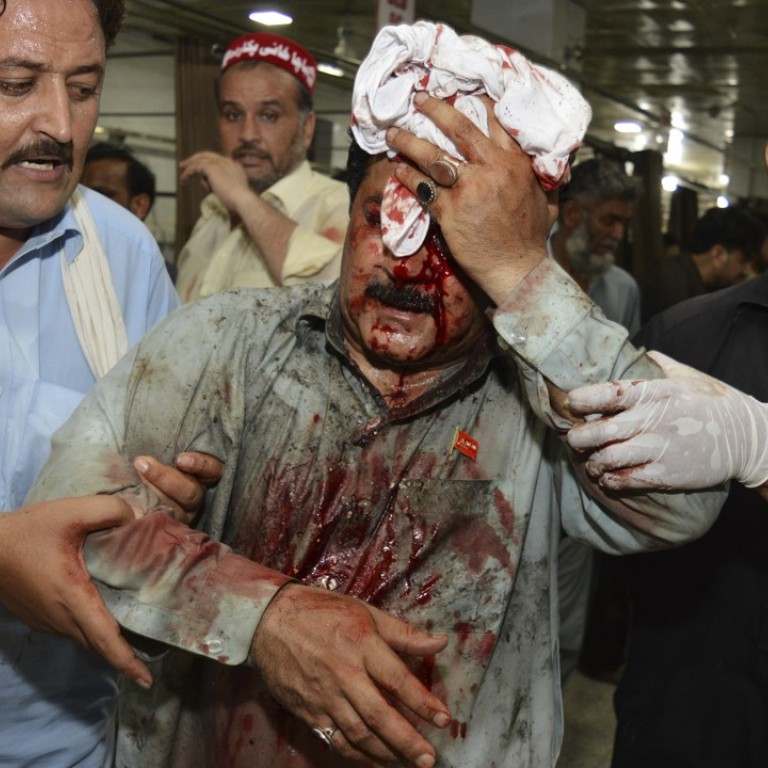
Pakistan election: the five biggest challenges for the winner
Polls open in a tense, unpredictable Pakistan election that could be former World Cup cricketer Imran Khan’s best shot at power, after a campaign marred by allegations of military interference and a series of deadly attacks
Pakistan’s next government will face myriad challenges, from unsustainable population growth to simmering extremism, all complicated by the decades-long tussle between civilian and military leadership. No matter who is voted into office Wednesday, the new rulers will have to make hard choices, and quickly. Here is a rundown of the biggest hurdles Pakistan is facing:
Extremism
Security has dramatically improved across Pakistan following a crackdown on militant groups in recent years.
But analysts have long warned that Pakistan is not tackling the causes of extremism, and militants can still carry out spectacular attacks.
That includes during this election season, with a string of bombings at political events killing more than 180 people, including the second-deadliest militant attack in Pakistan’s history.
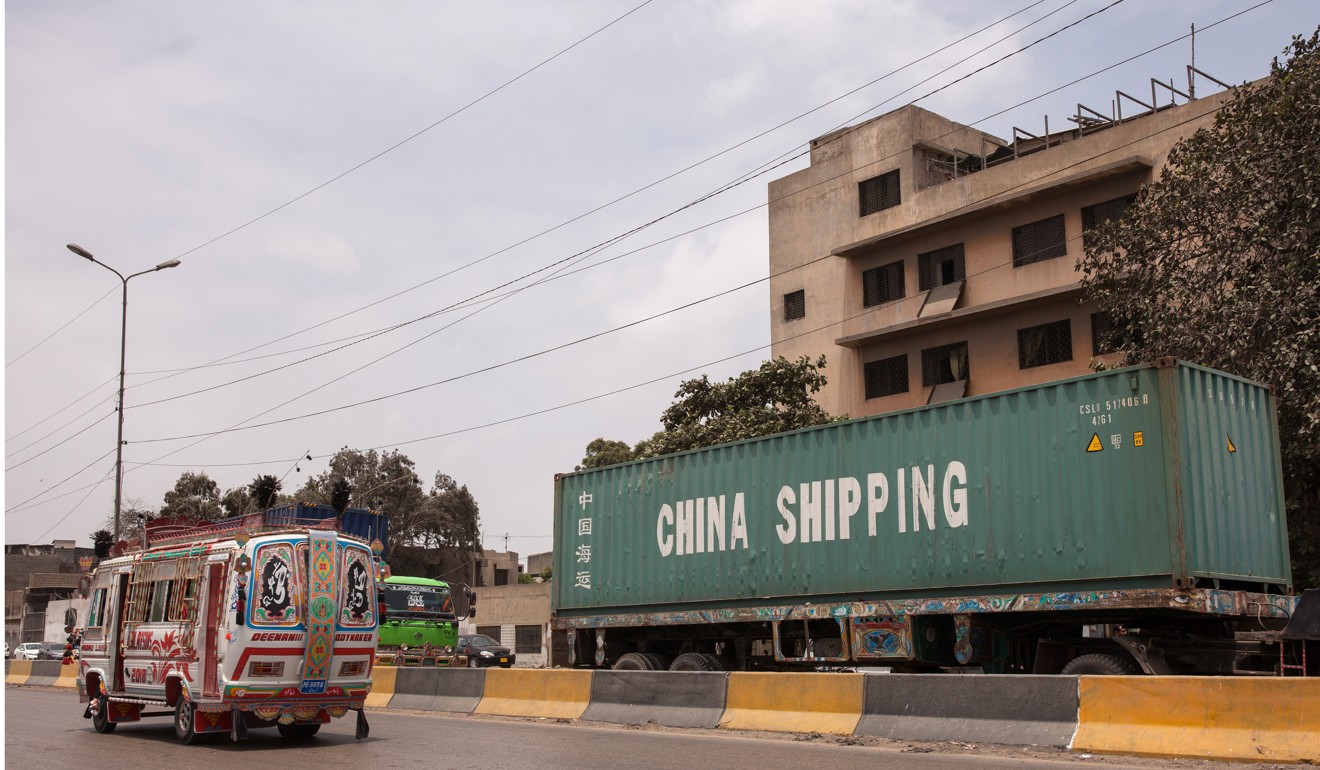
Economy
Pakistan’s next government faces growing fears of a balance of payments crisis, with speculation mounting it will have to seek its second bailout in five years from the International Monetary Fund.
The central bank is burning through foreign exchange reserves and devaluing the rupee, including another 5 per cent dive this month, in a bid to bridge a widening trade deficit.
Pakistan, which has long relied heavily on imports, increased its procurement of materials to help build a string of Chinese-backed infrastructure projects under a multibillion dollar investment package with Beijing.
The terms of the projects are opaque, leading to fears about Islamabad’s ability to pay for them.
The economy has also been stung by higher oil prices.
Meanwhile, meagre exports such as textiles have taken a hit from cheaper products by regional competitors, including China, while foreign remittances - a major contributor to the economy - have also slowed.
The winner of the election will have “limited time” to act, Fitch ratings agency warned earlier this month.
Population growth
Conservative Pakistan, with its limited family planning, has one of the highest birth rates in Asia at around three children per woman, according to the World Bank and government figures.
That has led to a fivefold increase of the population since 1960, now touching 207 million, draft results from last year’s census show.
The boom is negating hard-won economic and social progress in the developing country, experts have warned.
To add to the problem, discussing contraception in public is taboo in Pakistan.
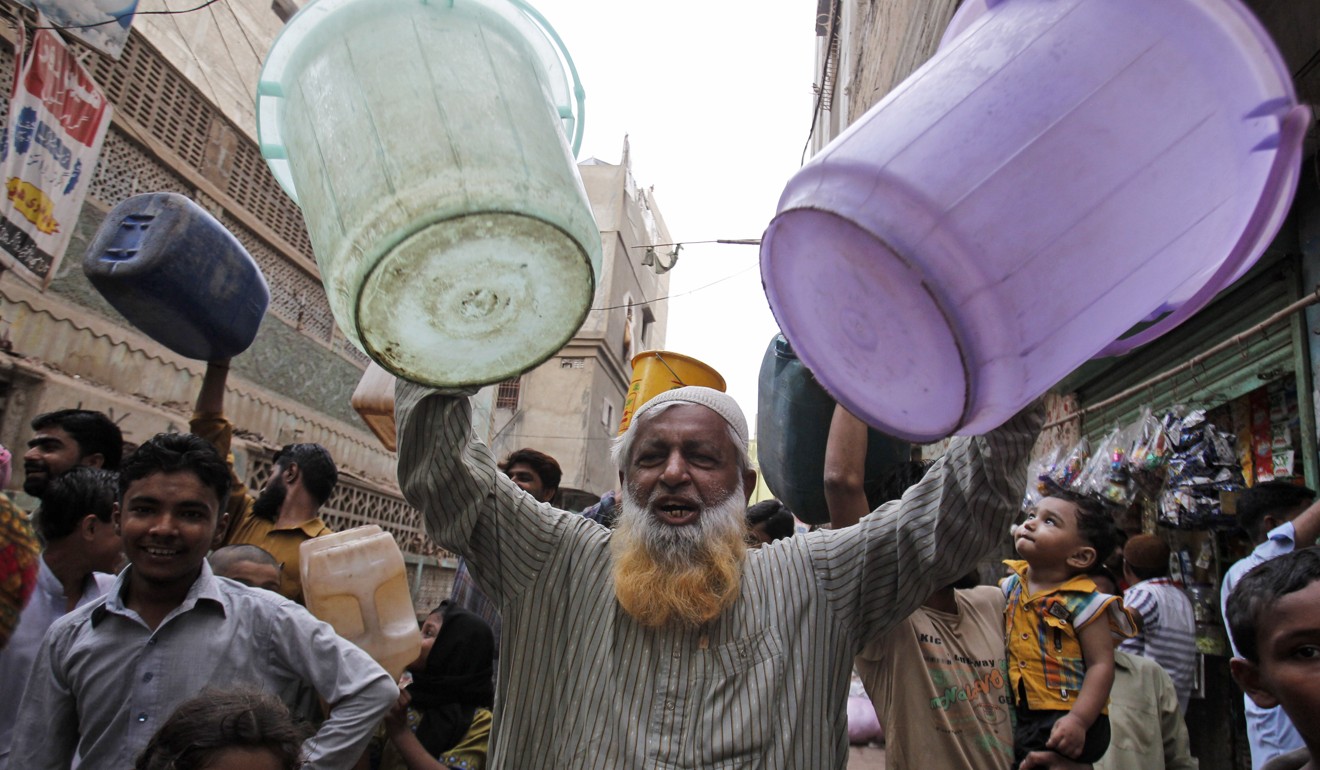
Water shortages
Pakistan is on the verge of an ecological disaster if authorities do not urgently address looming water shortages, experts say.
Official estimates show that by 2025 the country will be facing an “absolute scarcity” of water, with less than 500 cubic metres available per person - just one-third of the water available in parched Somalia, according to the UN.
Pakistan has massive Himalayan glaciers, rivers, monsoon rains and floods - but just three major water storage basins, compared with more than a thousand in South Africa or Canada.
As such, surplus water is quickly lost.
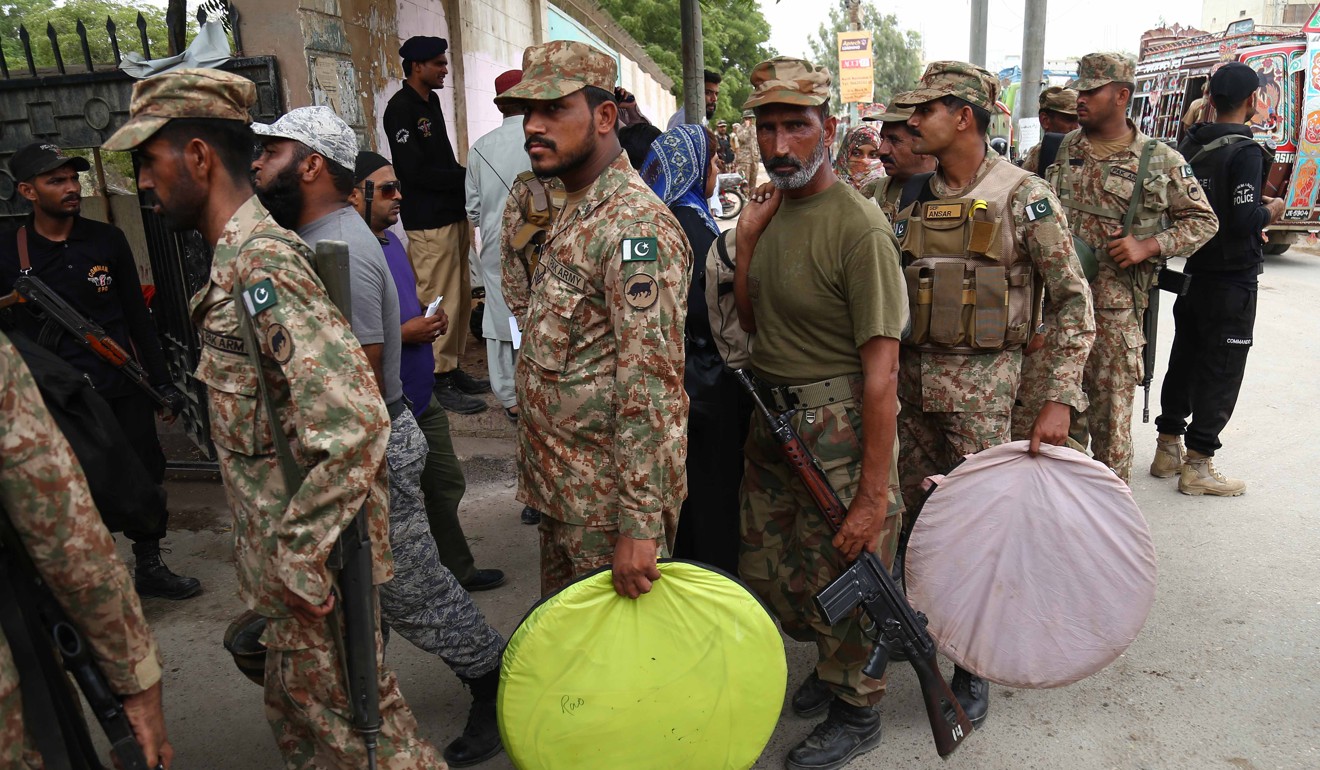
Civil-military relations
Pakistan has spent roughly half its nearly 71-year history under military rule, and the imbalance of power in between civilian governments and the armed forces has long been seen as an impediment to democracy and progress.
Hope surged in 2013 as the country saw its first-ever transition of power from one democratically-elected government to another.
But since then, experts have warned of a “creeping coup”, fuelled by tensions between the generals and the government of three-time premier Nawaz Sharif, largely attributed to his desire to assert civilian supremacy and seek warmer relations with arch-rival India.
Sharif, ousted in 2017 and arrested for corruption earlier this month, says he and his party are being targeted by the military.
Activists and several prominent journalists have also accused the military of trying to install a pliant civilian government through pressure on politicians and the media. It denies the allegations.
The next government will be tasked with meeting the country’s challenges without upsetting this delicate balance of power.
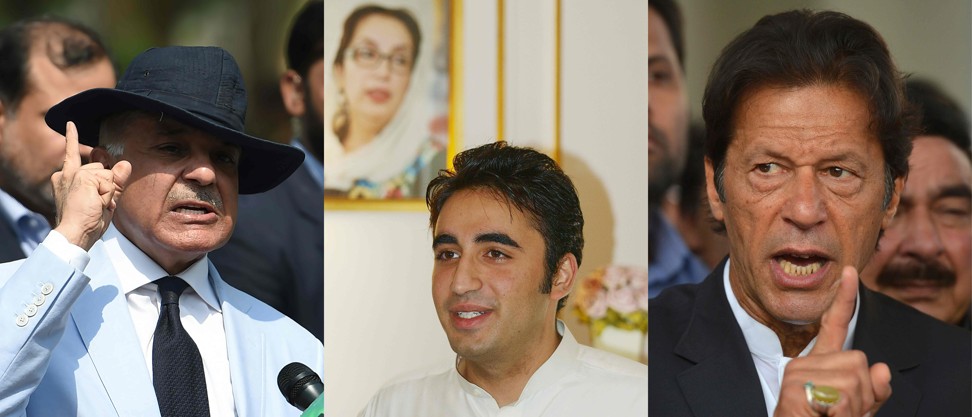
The election’s main players:
Nawaz Sharif
Nawaz Sharif, dubbed the Lion of Punjab, was thrice prime minister but never completed a term. His latest stint ended last year when he was ousted by the Supreme Court over corruption, and later banned from politics for life.
His woes reached their peak earlier this month when he was sentenced in absentia to 10 years in prison. Sharif spectacularly returned to Pakistan from London a week later and was arrested.
Analysts say he has returned to fight for his political life to boost his Pakistan Muslim League-Nawaz (PML-N) party’s stumbling campaign.
Seen as a combative and tenacious figure, Sharif claims he is being targeted by the military – with which he was once close.
The dispute is largely attributed to his desires to shift power to the civilian government and seek warmer diplomatic relations with arch-rival India.
Imran Khan
A cricket hero-turned-politician, Khan has become the main opposition leader in recent years and makes no secret of his ambition to become prime minister.
Known mainly in the West as a talented sportsman and infamous playboy, he presents a significantly more conservative and devout face to Muslim-majority Pakistan.
His Pakistan Tehreek-e-Insaf (PTI) party, founded in 1996, governed northwestern Khyber-Pakhtunkhwa province for five years but had to settle for a handful of seats nationally after the 2013 election.
The fall of Sharif and the PML-N’s floundering campaign represents Khan’s best chance yet to become prime minister, even if an outright majority remains uncertain.
Critics consider him unfit for office. Some call him “Taliban Khan” because of his repeated calls for talks with violent insurgent groups. He has also been criticised for pandering to Islamist hardliners over blasphemy.
Others openly accuse him of having links to the army.
Shahbaz Sharif
Nawaz’s younger and less charismatic brother, Shahbaz became president of the PML-N after his elder sibling was ousted, and is leading the party’s campaign.
His quieter style has been overshadowed by Nawaz’s loud quarrel with the military. But he occupies a key position in Pakistani politics, having spent more than 10 years as chief minister of Punjab, home to more than half of the country’s population of 207 million.
Shahbaz, also an influential businessman, is reputedly less stubborn when it comes to the military, and therefore more acceptable to the generals than Nawaz.
There has long been speculation that the two brothers have clashed over their political differences, but they have never corroborated the claims.
Bilawal Bhutto-Zardari
Bilawal Bhutto-Zardari is the son of the charismatic Benazir Bhutto, who was twice elected prime minister and assassinated in 2007. His grandfather Zulfikar Ali Bhutto, also a prime minister, was ousted in a coup and executed in 1979.
At 29, Bhutto-Zardari has little experience and the chance of election victory for his family’s Pakistan Peoples Party is deemed almost nil - though he could become kingmaker in a coalition if the PML-N or the PTI fail to win an outright majority.
The PPP once dominated Pakistani politics but is now in decline, facing a strong challenge even in its strongholds in southern Sindh province.
Bilawal’s father Asif Ali Zardari, nicknamed “Mr 10 per cent” by many in Pakistan because of numerous accusations of corruption, has previously been president of Pakistan.
There is speculation Asif, believed to be the main decision-maker in the PPP, could seek the post again - or demand other concessions - in any coalition deal.

.png?itok=arIb17P0)